Letter recognition Extra Challenge English for Beginners Worksheets for 3-Year-Olds
7 filtered results
-
From - To
Welcome to our "Letter Recognition Extra Challenge" worksheets tailored for 3-year-old English beginners! Designed to make learning fun and engaging, these printable worksheets help young children develop essential letter recognition skills. With colorful activities that spark curiosity, your little ones will explore letters through tracing, matching, and creative exercises. These challenges not only enhance literacy skills but also promote fine motor development and cognitive growth. Perfect for homeschooling or classroom settings, our worksheets provide an interactive approach to learning English while fostering a love for letters. Begin your child's educational journey today with these enriching resources!


Letter R Tracing Page


Letter X Tracing Page
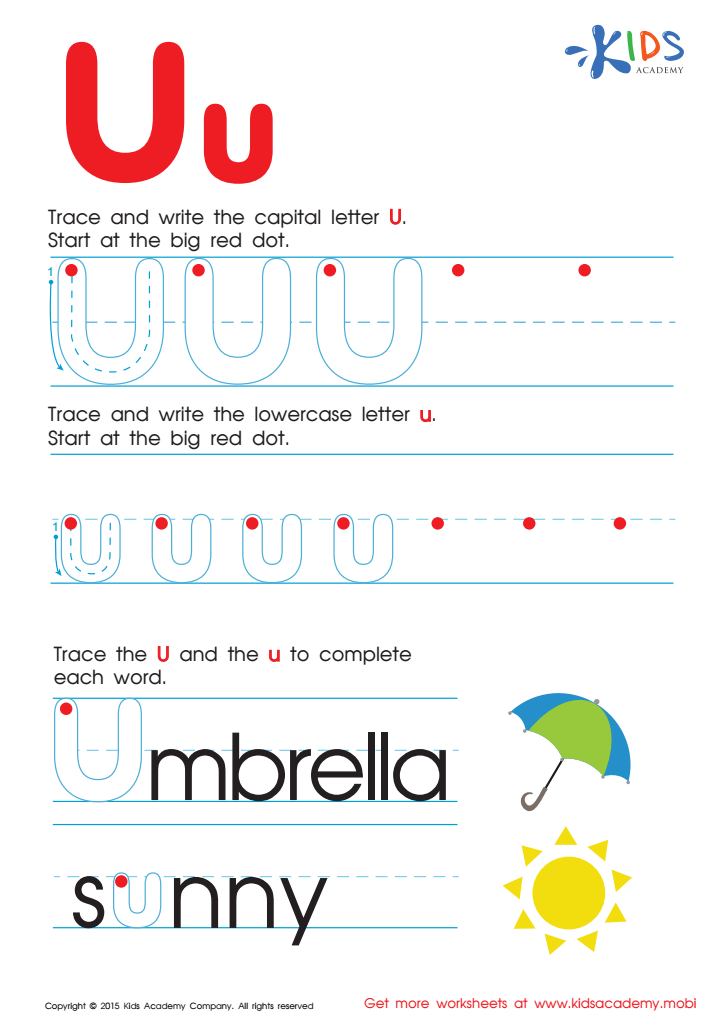

Letter U Tracing Page
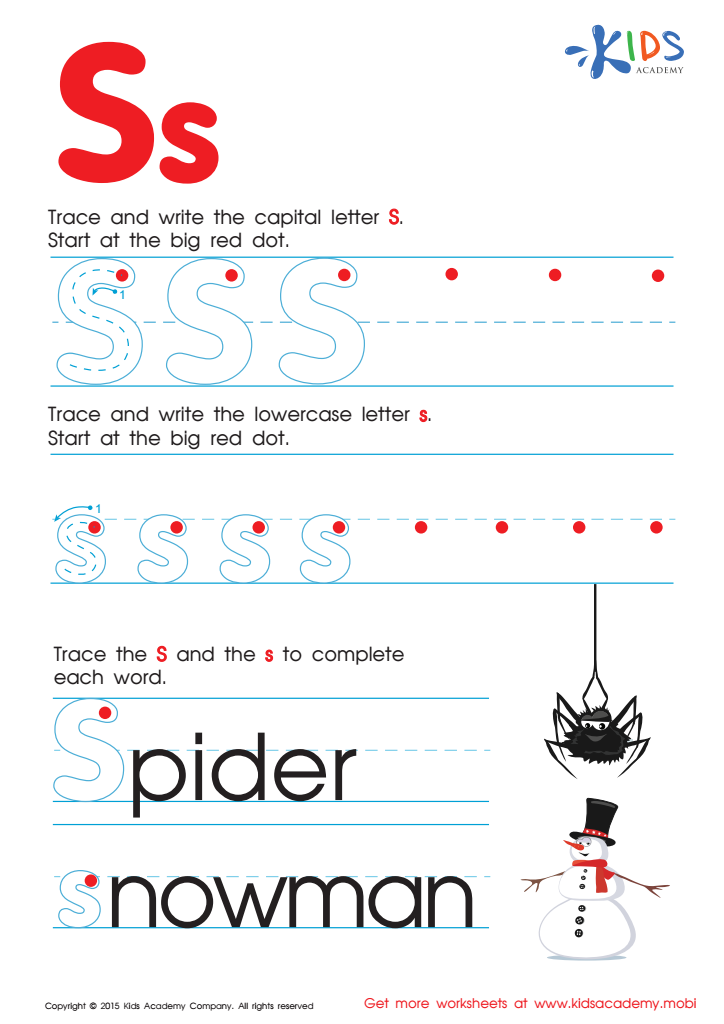

Letter S Tracing Page
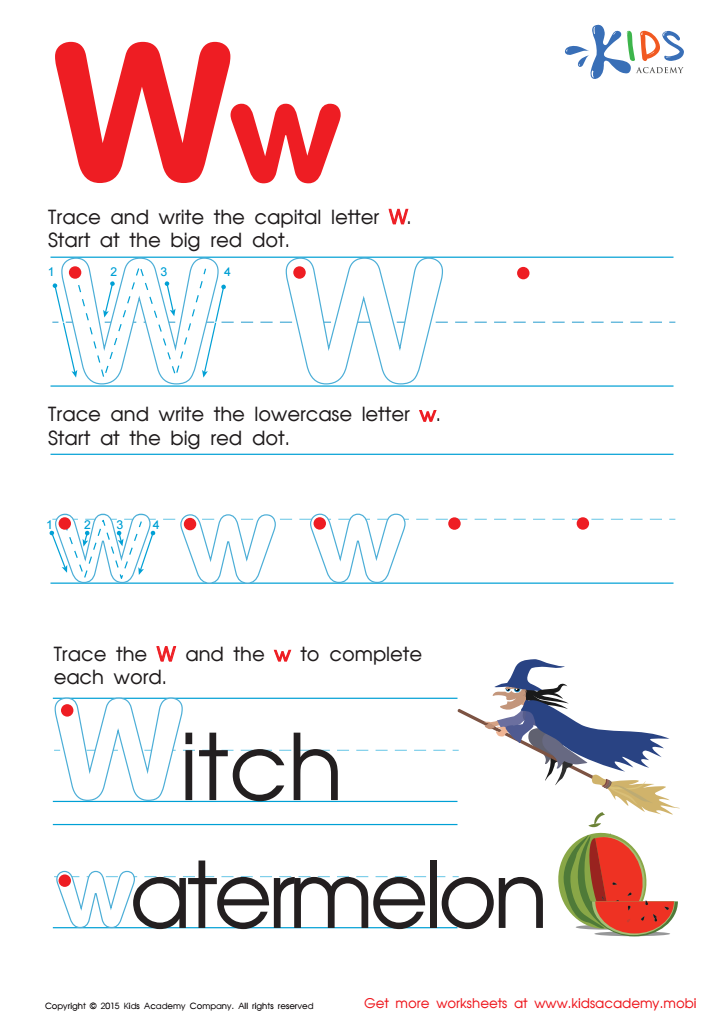

Letter W Tracing Page
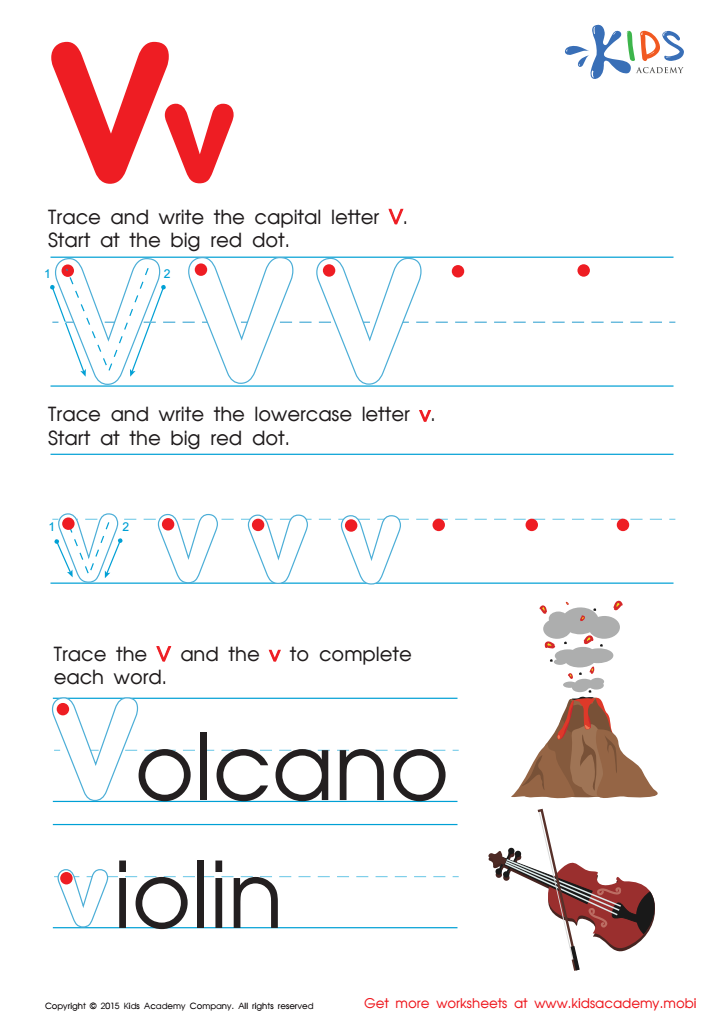

Letter V Tracing Page
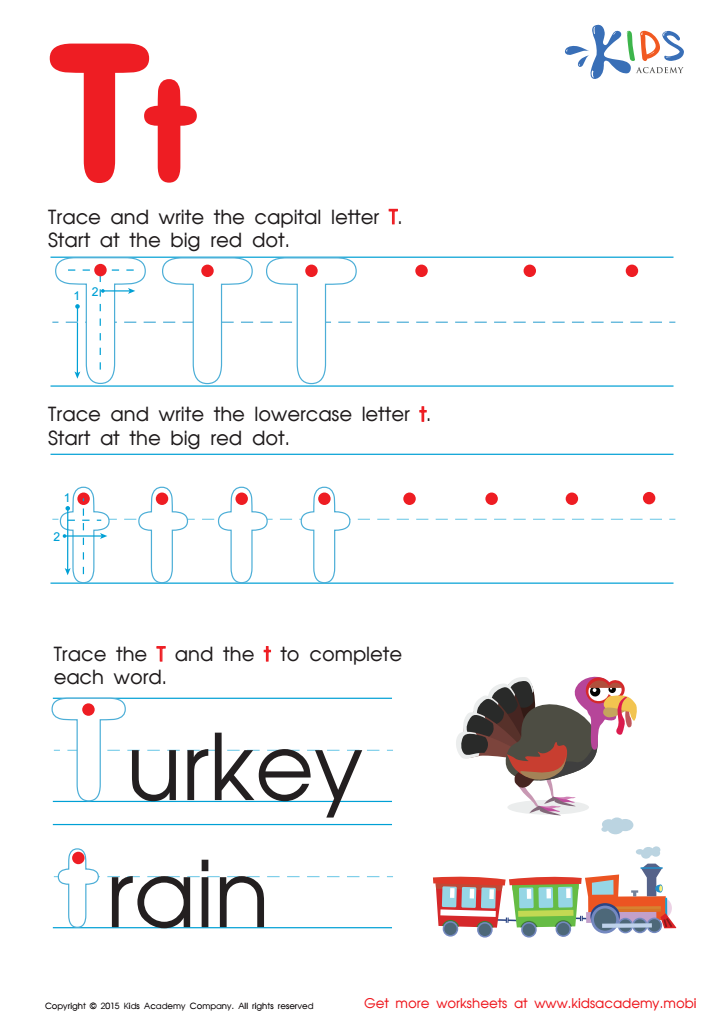

Letter T Tracing Page
Letter recognition is a crucial foundational skill for early literacy development, especially for 3-year-olds. Parents and teachers should care about this skill because it serves as the building block for reading and writing. At this age, children are naturally curious and eager to learn, making it the perfect time to introduce letters in fun, engaging ways. Recognizing letters helps children develop phonemic awareness, which is vital for sounding out words later on.
Moreover, letter recognition fosters cognitive development. It engages children in learning about symbols, an essential part of understanding language. Engaging activities, such as singing the alphabet, reading picture books, or letter scavenger hunts, can make learning enjoyable. This positive experience promotes a love for learning that can benefit their educational journey for years to come.
Additionally, early mastery of letter recognition encourages confidence in young learners. When children feel successful in recognizing letters, they are more likely to participate in classroom activities and show interest in reading and writing. By focusing on this skill, parents and teachers set up children for future academic success and instill a lifelong appreciation for literacy. Ultimately, investing time in letter recognition now pays dividends in a child’s future learning experiences.
 Assign to My Students
Assign to My Students












